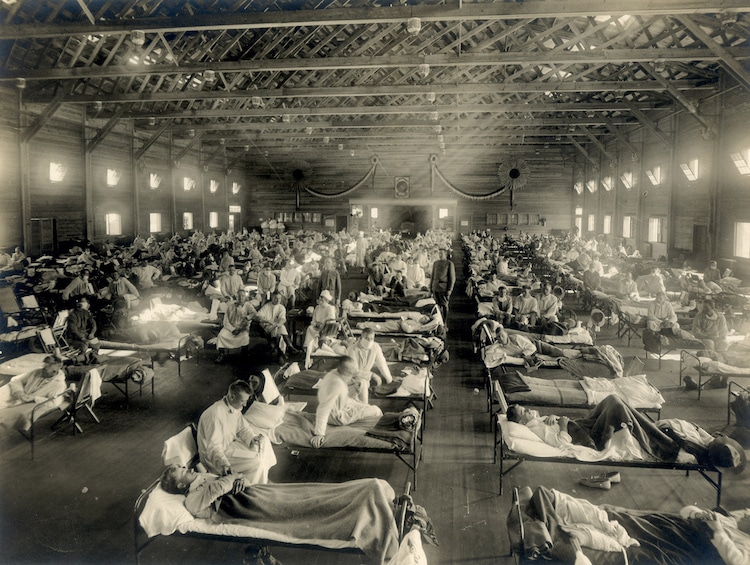Feeling Sleepy: What to Do if You Have No Energy
Everyone feels tired from time to time. It’s normal if, after a rest, your ability to work is restored. If fatigue, weakness, and the feeling of no strength last for several days, pay attention to your health.
Factors Contributing to Fatigue and Loss of Energy
There are many reasons why fatigue or tiredness can occur. The problem may result from your lifestyle or diet, too much stress, or emotional tension. Often several factors act at once: both physiological and psychological. It’s essential to identify them to understand what to do and find the right ways to recover.
Physiological Reasons
The cause of weakness and the feeling of no energy can be a medical condition. Such fatigue can be caused by:
- Unbalanced diet, lack of micronutrients and vitamins.
- Improper diet (a person infrequently eats and in large portions).
- Hormonal failure.
- Excessive physical activity.
- Side effects from taking medications.
- Bad habits (smoking, frequent use of alcohol).
- Lack of physical activity.
The feeling that there is no energy and vitality is sometimes associated with the weather or the time of year. For example, in winter, the daylight hours are short, and people suffer from a lack of sunlight and constantly want to sleep.
In women, the cause may be premenstrual syndrome. With it, weakness is often accompanied by mood swings and general malaise. The problem may be a violation of the work of some internal organs. Usually, in such cases, there are accompanying symptoms. If they are there, if the loss of strength persists for a long time, consult a specialist.
Psychological Reasons
If a person experiences stress, emotional tension, or psychological problems, weakness may arise. Possible psychological causes of fatigue include:
- Mental overwork due to high pressure at work or study.
- The imbalance between work and rest.
- Unresolved conflicts, relationship problems.
- Mistrustfulness, anxiety.
- Chronic stress, constant emotional tension.
- Traumatic events.
- Unstable biorhythms (the need to work at night or change time zones).
- Low self-esteem.
- Personal life failures and related emotional problems.
Emotional tension builds up gradually. It cannot be relieved simply by playing at a live casino online or reading enjoyable graphic novels. It’s important to understand why it arises and to solve the problem.
How to Restore Energy and Overcome Fatigue?
To cope with energy loss, it’s enough to adjust your lifestyle and diet, normalize your workload, and reduce stress levels.
Proper Diet and Nutrition and Drinking Habits
Diet and nutrition affect the condition of the body and the emotional background. Proper drinking regime helps to maintain high physical performance. There are several general dietary recommendations:
- Eat fractionally: eat more often during the day (4-5 times) but in small portions.
- Add light snacks between the main meals to keep energy levels high.
- Eat as many fresh fruits, vegetables, and foods rich in fiber and protein.
- Give up foods that are high in fast-absorbing carbohydrates.
- Make your diet varied so that your body gets more nutrients with food.
- Some foods (chocolate, fruit) can make you feel better and improve your mood.
- Build a diet to maintain the blood sugar level (you need to avoid overeating and long pauses between meals).
- Refrain from dieting until you feel normal.
- Limit consumption of sweets and flour.
The condition of the digestive organs affects well-being and mood. Fatigue can be associated with an irregular diet and the consumption of unhealthy foods. It often happens if a person has to live a busy life and has an opportunity to eat typically only late in the evening. This leads to overeating, overloads the digestive organs, and worsens health. It’s essential to develop good eating habits, eat regularly, vary, and be balanced.
To feel vigorous, drink enough water. The proper drinking habits will help:
- Speed up metabolic processes;
- Faster removal of toxins and impurities;
- Maintain high performance;
- Normalize digestion, the work of the excretory organs.
It’s better to drink clean water in small portions during the day. You can tell if your body gets enough water by the color of your urine: you should drink more if it is dark. With sufficient water consumption, the color will be light, almost transparent.
The Importance of Sleep
Healthy and sufficiently long sleep is essential for normal health. Sleep should be restful, without awakening. An adult needs to sleep at least 8 hours a night.
Sleep disorders lead to overwork, drowsiness during the day, and decreased concentration. They may appear against a background of emotional overstrain, stress, and excessive loads. If there are problems with sleep, to normalize it, it’s necessary to:
- Reduce work-related stress: normalize the work day, switch from work tasks to hobbies, and rest;
- Use methods of relaxation, relaxation. Massage, calm music, a warm bath, walk, and reading will help;
- Give up using gadgets an hour and a half before going to sleep;
- Make sure that the place for sleeping is comfortable enough (the bedroom is quiet, there are no disturbing light sources, and the bed is comfortable);
- Ventilate the bedroom before going to bed, and sleep in a cool room if possible;
- Have evening rituals, such as drinking warm milk or soothing tea before going to bed;
- Go to bed and wake up at the same time;
- Regulate activity: The activity during the day should be sufficient but not excessive.
Sometimes insomnia is due to a lack of micronutrients: for example, magnesium deficiency. If you cannot normalize sleep, see a specialist and have an examination.






















